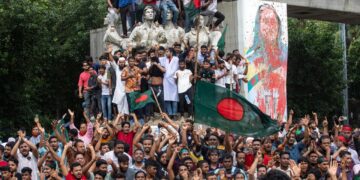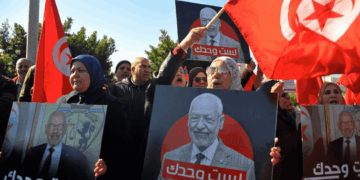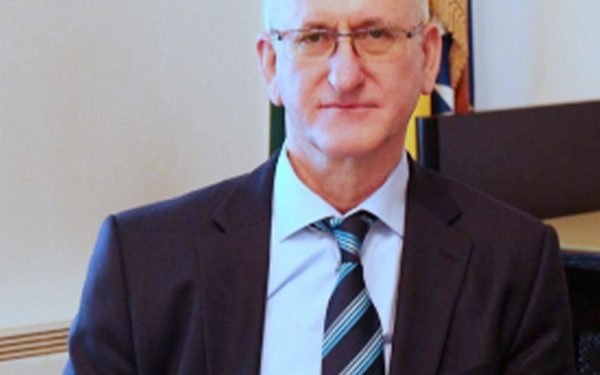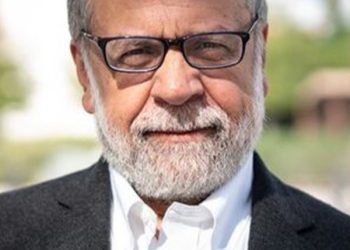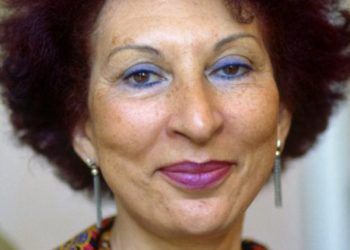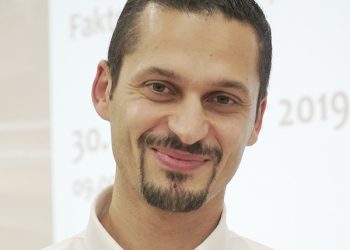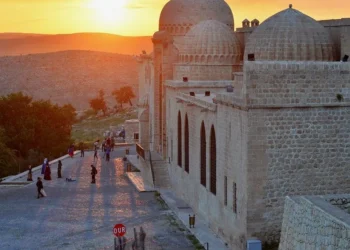He holds a BA in international relations, an MA in ideology and discourse analysis and a PhD in the state. He worked at universities in London and Manchester before joining Leeds on a five-year University Research Fellowship. In 2010 he took a leave of absence from Leeds to work as a Professor and founding Director of a newly established research center in Adelaide, Australia. During his time in Australia he produced a film called “Everything You Wanted to Know About Muslims but Were Afraid to Ask”. In Australia he worked in the field of Critical Muslim Studies and organized international conferences, symposia, and workshops under the theme “Reorienting World Colonial Horizons” (ESSL, n.d.). After returning to the UK, he published ReOrient, an interdisciplinary peer-reviewed academic journal on Critical Muslim Studies and Recalling the Caliphate.
His previous monograph, The Fear of Fundamentalism, was highly acclaimed. It helped transform the way Islamism is analyzed and was translated into several languages but was banned by the Malaysian government in 2006. He has been interviewed by national and international broadcasters such as ABC (Australia), BBC, CBC (Canada), Press TV (Iran), Channel 4 (UK) and ORF (Austria). He has also written opinion pieces in national and international newspapers. All his publications arise from theoretical issues and are organized around the relationship between poststructuralist discourse and postcolonial thought. In particular, he focuses on investigating the constitutive interaction between rhetoric and social order. It examines examples of constructive processes, such as the role of racism in the formation of modern societies, the exploration of alternative worlds aimed at by different Islamist formations, or the constitutive role of rhetoric. Remembering the Khilafah is a book that seeks the possibilities of articulating Islam as a political subjectivity in the current circumstances.
One of the most important arguments in Remembering the Caliphate is that the emergence of a global Islamism has upset the existing world order not only in terms of security or culture, but also philosophically. His book Islamism as Philosophy: Decolonial Horizons explores some of the philosophical assumptions that frame the way the rise of Muslim political identity on the planet presents not only cultural and geopolitical but also conceptual challenges. This book reveals some of the complexities of the emergence of Muslim political identities, complexities that are often obscured by the discourse on the events that have taken place. Sayyid argues that a world where a quarter of the population is Muslim cannot be peaceful, harmonious or simply by ignoring the Muslim problem (Islamism as Philosophy : S. Sayyid, n.d.). The Fear of Fundamentalism: A Fundamental Fear: Eurocentrism and the Emergence of Islamism, written before the events of September 11, 1997,. Banned by the Malaysian government, this book is both an analysis of the conditions that make “Islamic fundamentalism” possible and a provocative account of the increasing political role of Muslim identities across the globe. It is a pioneering work that shows the challenge of Islamism is not only geopolitical or cultural but also epistemological. While both Islamists and Orientalists have constructed an opposition between Islam and the West, this myth is convincingly deconstructed by Sayyid’s arguments.
Sayyid’s work leaves little doubt that this dichotomy is a gross simplification of the historical processes of the last century (Sayyid, 2017). He expressed skepticism about any ideological state, believing that the rule of law and the manifestation of religion defined by law and not by political opportunism is the necessary framework for the exercise of religious rights and freedoms. Fikret Karcic, who focuses on the political and social structure of Bosnia and Herzegovina and publishes in this field, wrote Muslims in the Balkans: The Eastern Question in the 20th Century, Fikret Karcic aims to summarize the history of Muslims in the Balkans and to look at the fate of individual Muslim religious and ethnic groups from a regional perspective. Since the main issue for Muslims in the Balkans in the last century was the preservation of physical and cultural identity, the entire book focuses on this area. Here, too, Karcic draws attention to the governments in the Balkans, noting that whenever a Christian majority nation-state emerged in the Balkans, massacres, massacres and new diasporas emerged from time to time.
References
Alija Izetbegović Vakfı (n.d.). Fikret Karčić . https://www.alijaizetbegovic.org/tr/fikret-karcic-biyografi/
Çeviri: Bosna’da ‘Doğu Sorunu’ Tekrar Yükseliyor (2022, January 10). TUİÇ Akademi. https://www.tuicakademi.org/ceviri-makale-bosnada-dogu-sorunu-tekrar-yukseliyor/
University of Sarajevo (2019, May 16). Professors Fikret Karčić and Enes Karić won the prestigious international award. https://www.unsa.ba/index.php/en/novosti/professors-fikret-karcic-and-enes-karic-won-prestigious-international-award









